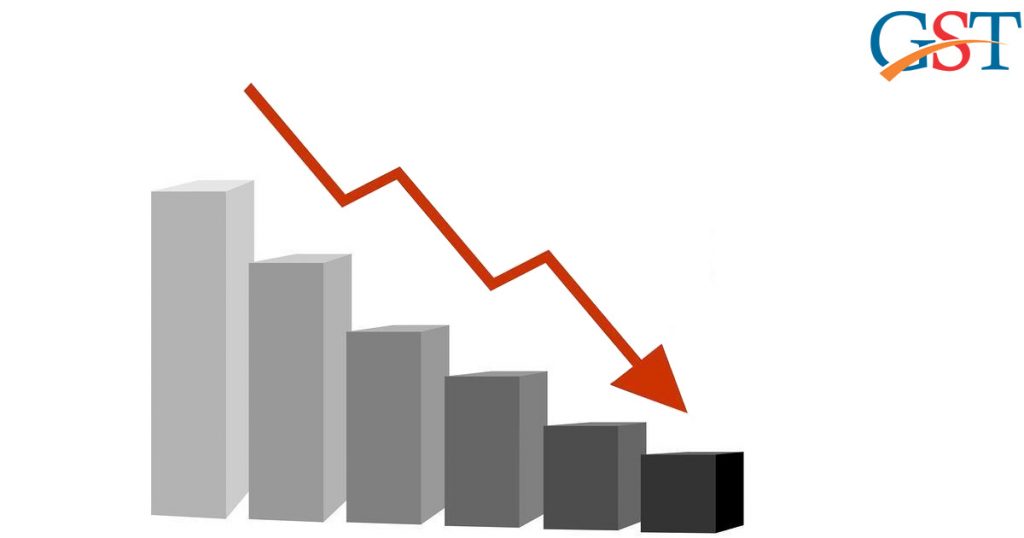
GST system is not likely to curtail the large deficits of State Government due to rising social sector expenditure and capital spending.
According to reports, the Goods and Services Tax (GST) regime in India is improbable to eliminate the deficits of state governments significantly. The large and increasing expenditure requirement for the social sector and capital spending will not let it happen.
S&P Global Ratings confirms the evolution of the institutional framework for Indian states but there are structural deficits due to consistency in revenue expenditure parity.
S&P Global Ratings credit analyst Yee Farn Phua in the report of “Public Finance System Overview: Indian States” expressed that the implementation of the GST in 2017 is a stepping stone of tax structure and will help increase the tax base and improve state government’s revenue.
Read Also: April 2019 GST Collections Increased by 10% As Compared to Last Year
“However, states will continue to run large deficits because a significant part of this imbalance is from the expenditure side. States are unable to cut expenditures because of large and growing expenditure mandates for the social sector as well as capital spending. Therefore, the revenue-expenditure gap will remain large,” added Phua.
As per reports, the Policy implementation stays below an average in India and the adoption of an amended Fiscal Responsibility Management (FRBM) Act is another important development seen in recent years. Under the modified FRBM Act, the government will spot a debt-to-GDP ratio of 60% with 40:20 for central government and states.









